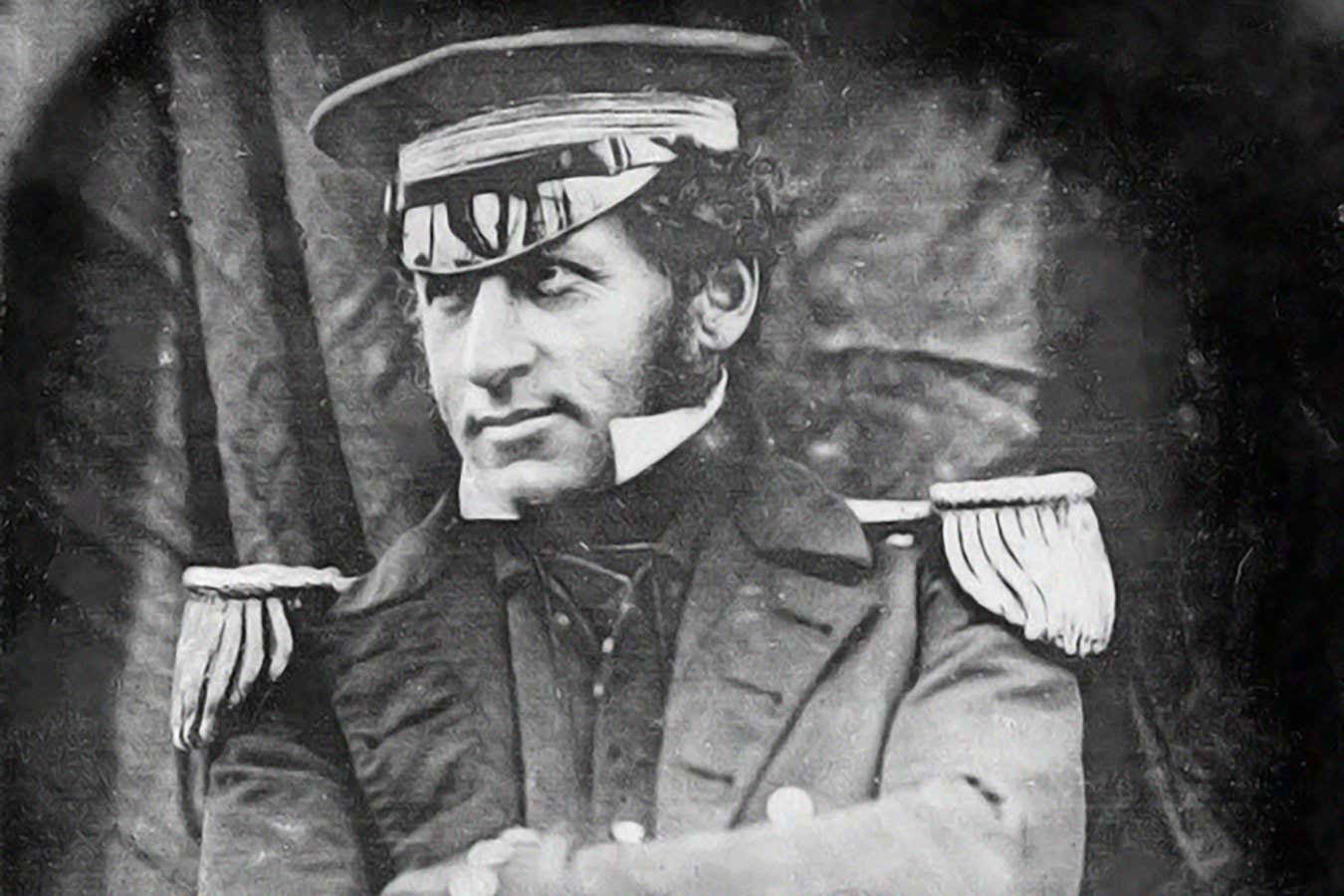“I will have to establish some rules for how the time travel world”… Kaliane Bradley
Dreamcatcherdiana/Shutte Rstock
The embarrassing truth about the use of time travel in my novel, The Minister of TimeIs it originally just a tool for getting a Victorian naval officer into the 21st century so I could tease him with washing machines and Athleisure. The first premise – “How would it be if your favorite Polar Explorer lived in your house?” – had to be reached in one of two ways. I could have either ordered Graham Gore frozen in Stasis in the Arctic for 200 years, and then immediately a reason to go and dig him up, otherwise I could pull him through time and throw him in a semi-deeTached in the suburbs of London. Of the two options, the other required far less elbow fat.
Even the early format of the book shared this ignoring the consistent nature of time travel. In the published version, the minister is created from the start as a secret government department that implements a number of experience on so -called “posted” from the story to find that being Ford over time turns your body to Jeelly. In the first version, the story started in Media’s res, in a rented house with a confused gore asking a telling how the refrigerator world. Sequence – consequence – a narrative feeling that action had been taken and a reaction was introduced – was far from my mind. I just wanted to make my friends laugh.
However, as I continue to write, it became clear that I should establish some rules for how time travel worked if only because the comedy landed better in a universe that was special and defined. (Just as thrillers work without bets are also not jokes; unusable chaos is not exciting or fun.) First and foremost: Expats can’t go back (or such insist mini). The ministry cannot move forward (ditto). Posting is a ticket with a ribbon. This was the only way in which the fish-job water laughs could work and also the only reason why the striking Gore and his recurring help, the book’s narrator could be paid for to live together. If he could go home at any time, what would the poenget with their awkward, intense intense cohabitation be?
The Minister of Timeis a book on time travel where almost no time travel occurs. Across 350-afflicting pages you see it happen. I sometimes describe it as less a book about voout congoing across eras and more a book about people experiencing bureaucracy in different rooms. It’s amazing that everyone has picked up it.
The more I with this rule in mind, the more I had to count on what I am done to do and the other posted: namely, forced them from their homes and told them that it goes back that the British hosted them. Besides, even if they Red Travel back, it would be for their death. To avoid clutter with the timeline, the minister chooses expatriate to die anyway, so their removal does not change the race of history. Of course, posted do not want to return to the plague era London or the Battle of Somme or John Franklin’s death sentenced expedition from 1845 to the Arctic. No one will return to a place that kills them. But no one wants to be a stranger in a strange country. I had written them as refugees.

Around this time, I began to engage more seriously with the novel. This is partly because I was giddily occupied by Graham Gore, a man who really existed. I tried to imagine what life was like what he thought, felt, did. I read Office ‘journals and books about the Victorian home to get a sense of how he could have experienced the world he moved through as I used to check the weather where my husband was when we lived in different countries. More and more, I tried to engage in how it would feel, emotionally and psychologically, to be a refugee in a government program that offers you asylum on the group that you will be grateful, obedient and useful.
At the same time, I had to make sense of my minister. I started writing this book in the fall of 2021, in the decade -long wake of “hostile environment” policy. Did I really think that the British government, when I was handed over the means of traveling through time, would use to welcome asylum seekers? Haha. What I would imagine was a government ministry that was eager to ensure that the narrative of their work was positive and that the narrative of British identity and British power was coherent and consists. Time travel was just a metaphor to control a tale. The narrator about the book points out that she tells her own story, and therefore exists at the beginning and end of the book that conveys a reader’s reaction to her – is it not a form of time travel?
So I did not write to my grief a book about time travel that is in any meaningful way in any meaningful way about the scientific prerequisite for traveling through time. It acts instead of traveling like migration, time as a storytelling. But really, I think all fiction is time travel – it’s a trip through a discreet timeline, a gift of preserved time that you can continue to carry backwards to a past that has not happened.
Kaliane Bradleys The Minister of Time is the latest election for the new Scientist Book Club. Sign up and read with us here.
Topics:
